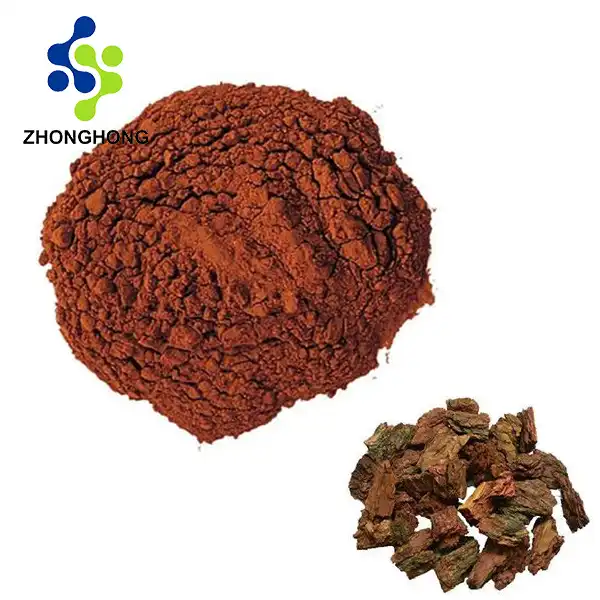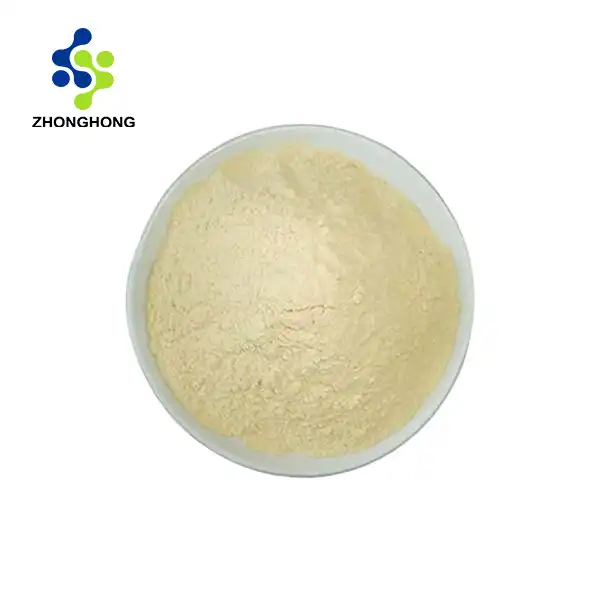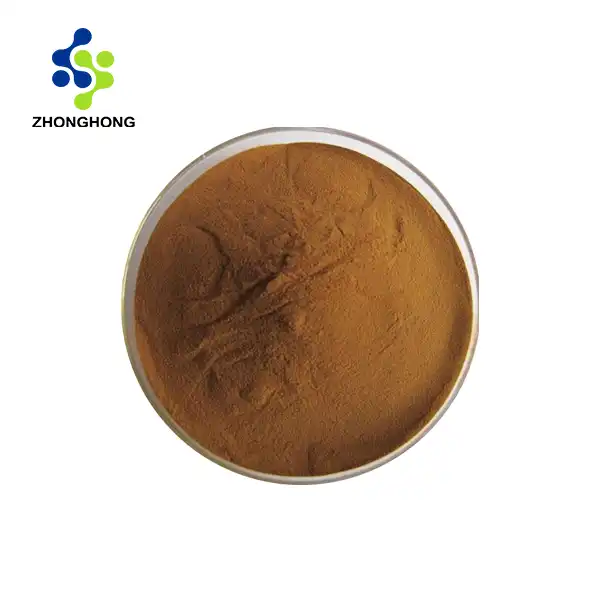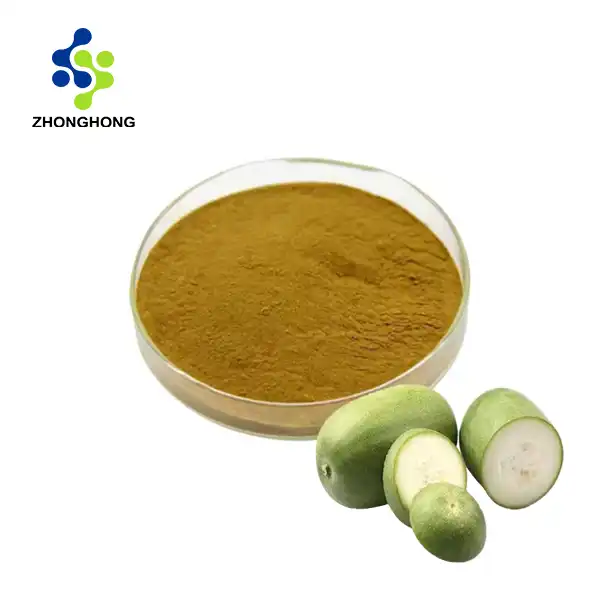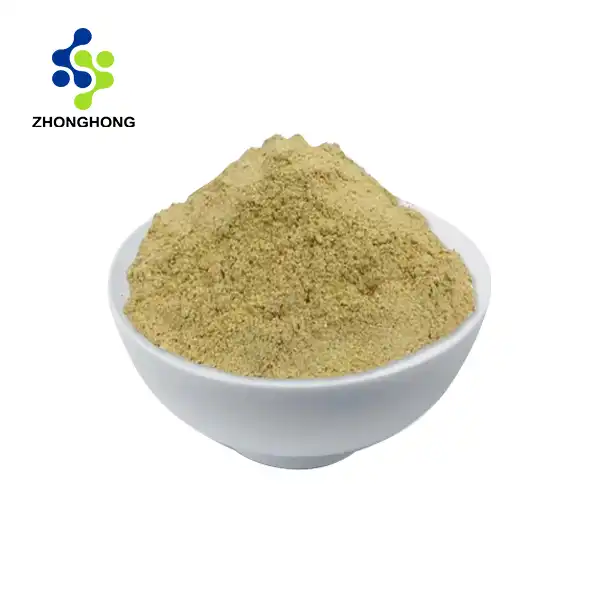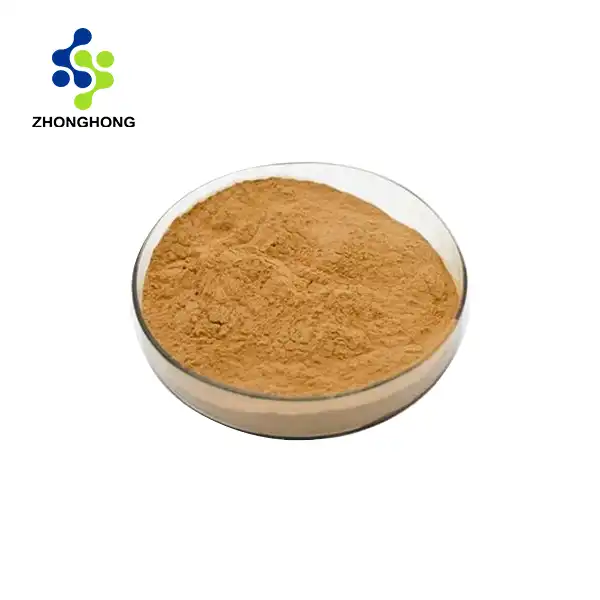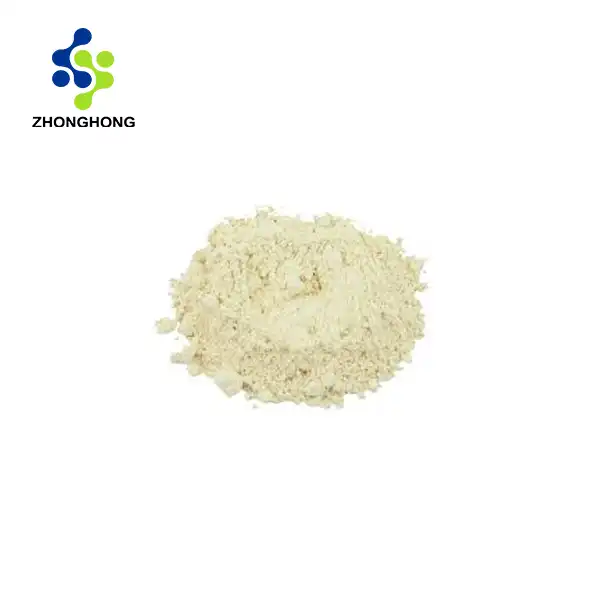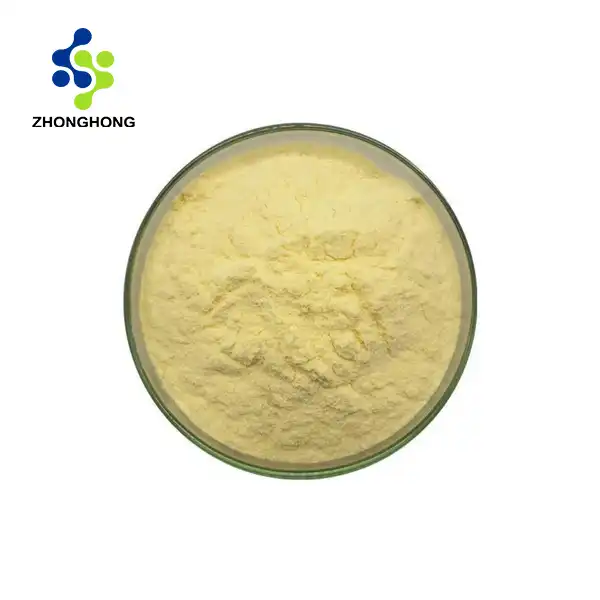Understanding Ergothioneine's Role in Aging
The Science Behind Ergothioneine
Ergothioneine, chemically known as 2-mercaptohistidine trimethylbetaine, is a naturally occurring amino acid with potent antioxidant properties. Its unique molecular structure allows it to penetrate cell membranes and accumulate in tissues prone to oxidative stress. This characteristic makes ergothioneine particularly effective in protecting against cellular damage associated with aging.
Ergothioneine and Telomere Health
One of the most intriguing aspects of ergothioneine's anti-aging potential lies in its relationship with telomeres. Telomeres, the protective caps at the ends of our chromosomes, naturally shorten as we age. Research has shown that ergothioneine may help maintain telomere length, potentially slowing down the aging process at a cellular level. This effect could have far-reaching implications for overall health and longevity.
Cognitive Function and Neuroprotection
As we age, our cognitive functions often decline, leading to concerns about memory loss and neurodegenerative diseases. Ergothioneine has shown promise in supporting brain health and cognitive function. Studies have indicated that higher levels of ergothioneine in the blood are associated with better cognitive performance in older adults. Its neuroprotective properties may help safeguard against age-related cognitive decline and neurodegenerative conditions like Alzheimer's disease.
Foods Rich in Ergothioneine Explained
Mushroom Varieties: A Powerhouse of Ergothioneine
When it comes to dietary sources of ergothioneine, mushrooms reign supreme. Various mushroom species contain significant amounts of this powerful antioxidant, with some varieties standing out as particularly rich sources. King oyster, maitake, oyster, and shiitake mushrooms are among the top contenders for ergothioneine content. Incorporating these mushrooms into your diet can be an effective way to boost your ergothioneine intake naturally.
Other Plant-Based Sources
While mushrooms are the most concentrated source, ergothioneine can also be found in other plant-based foods. Black beans and red beans are notable sources, offering a vegetarian-friendly option for those looking to increase their ergothioneine consumption. Oat bran is another food that contains this beneficial compound, making it a versatile addition to various dishes and baked goods.
Animal-Based Ergothioneine Sources
For those who include animal products in their diet, certain meats can provide ergothioneine as well. Interestingly, the ergothioneine content in meat is often influenced by the animal's diet. Meat from grass-fed animals tends to have higher levels of ergothioneine compared to grain-fed counterparts. Additionally, liver and kidney meats are known to contain notable amounts of this antioxidant.
Ergothioneine vs. Other Antioxidants
Unique Properties of Ergothioneine
What sets ergothioneine apart from other antioxidants is its exceptional stability and longevity within the body. Unlike many water-soluble vitamins that are quickly excreted, ergothioneine is actively retained by our cells through a specific transporter called OCTN1. This unique characteristic allows ergothioneine to provide long-lasting antioxidant protection, potentially surpassing the effects of more commonly known antioxidants.
Synergistic Effects with Other Antioxidants
While ergothioneine is powerful on its own, it also demonstrates synergistic effects when combined with other antioxidants. For instance, ergothioneine has been shown to enhance the protective effects of vitamin C and E. This complementary action suggests that a diverse antioxidant intake, including ergothioneine, may offer more comprehensive cellular protection than relying on a single antioxidant source.
Ergothioneine in Skincare and Anti-Aging Products
The potential benefits of ergothioneine extend beyond internal health, making it a valuable ingredient in skincare and anti-aging products. Its ability to protect against UV damage and reduce oxidative stress in skin cells has garnered attention in the cosmetic industry. Ergothioneine-infused serums and creams are emerging as promising solutions for combating signs of aging and maintaining skin health. The compound's stability and penetrative properties make it an ideal candidate for topical applications aimed at preserving skin's youthful appearance.
Conclusion
Ergothioneine emerges as a powerful ally in the quest for better health and longevity. Its unique properties and wide-ranging benefits make it a valuable addition to both our diets and skincare routines. As research continues to uncover the full potential of this remarkable antioxidant, incorporating ergothioneine-rich foods and products into our daily lives may prove to be a simple yet effective strategy for supporting overall well-being and combating the effects of aging. If you want to get more information about this product, you can contact us at liaodaohai@gmail.com.
_1728976869676.webp)
